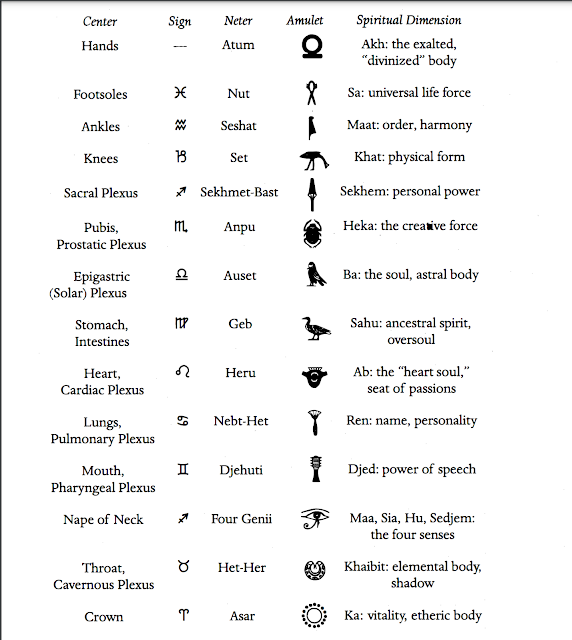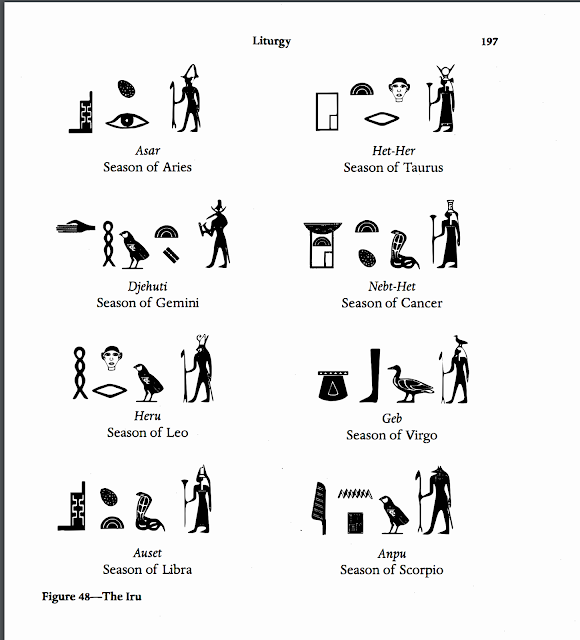Diction is airy
l9 The Mer(t): Overseer
-Patron: Set
Every Divine House requires a ways and means person, someone who will solve
the basic problems of furnishing the sacred space, feeding participants and visitors, and raising funds for special needs. In ancient times the Mer served as overseer, negotiating the sale or barter of temple goods for supplies needed by temple
Theurgy 177
personnel. In the modern temple this priest likewise administers to the physical
planning and execution of the divine work.
The Mer is not expected to perform all the duties required to make ceremo·
nial events run smoothly; rather, she should have the skill to select those who
possess the talents to provide for certain requirements, and direct them to appropriately fulfill those needs. For instance, if floral offerings may be needed for certain ceremonies, the Mer would find the supplier, negotiate payments or barters,
and arrange for their timely delivery. The records of temple goods and finances
are also maintained by the Mer.
The Mer's functions are governed by Set, who is concerned with material life
and its continuance. It should be remembered that though this deity was regarded as malevolent in the Osirian mythos, he was honored throughout Egyptian history and in some temple traditions was a principal divinity. Some of the
most accomplished and respected royal persons were named in his honor, such as
Seti I, father of Rameses II and refurbisher of the glorious Osireion temple at
Abydos. Other patrons of this role include Taurt, Sobekh, and Apep.




















Comments
Post a Comment
No Comment